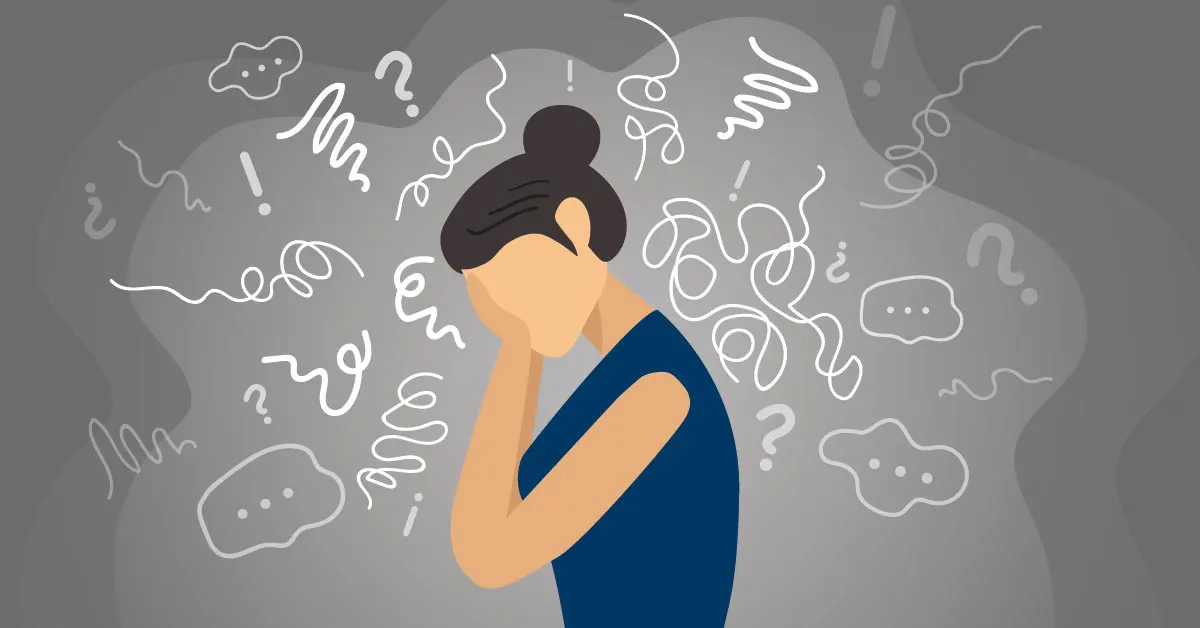Summary
The article discusses five helpful & healthy ways to deal with stress and anxiety. By applying the strategies given, you can cope with the challenges you are faced with every day and improve your quality of life.
Stress and anxiety are common and often unavoidable experiences that can affect your physical and mental health. However, there are many ways to cope with them and reduce their negative impact on your well-being. Today we will explain several helpful and healthy ways to deal with stress and manage anxiety.
One of the most helpful ways to deal with stress and anxiety is to practice slow, controlled breathing.
Breathing deeply and rhythmically can calm your nervous system, lower your heart rate, lower your blood pressure, and relax your muscles.
Breathing can also help you focus your attention on the present moment and away from your worries.
You can try different breathing techniques, such as the 4-7-8 method, which involves inhaling for 4 seconds, holding your breath for 7 seconds, and exhaling for 8 seconds.
Another helpful way to deal with stress and anxiety is to use aromatherapy, which is the use of natural scents to enhance your mood and well-being.
Aromatherapy can stimulate your senses, activate your brain regions involved in emotion and memory, and influence your hormones and neurotransmitters.
Some of the scents that have been shown to have anti-stress and anti-anxiety effects are lavender, chamomile, and sandalwood.
You can use aromatherapy in various forms, such as essential oils, candles, or diffusers.
The third helpful way to deal with stress and anxiety is to exercise regularly.
Exercise can improve your physical and mental health by releasing endorphins, which are natural painkillers and mood boosters for the mind and body.
Exercising also reduces inflammation, can improve blood flow, and enhances your immune system.
Exercise can help to provide a distraction from your worries, give you a sense of accomplishment, and act as a social outlet for you.
You can choose any type of exercise that you enjoy, such as weight lifting, jogging, cycling, or yoga.
The fourth helpful way to deal with stress and anxiety is to challenge your distorted negative thoughts and replace them with more realistic and positive ones.
Negative thoughts can amplify your stress and anxiety by making you perceive situations as more threatening, difficult, or hopeless than they really are.
You can question your negative thoughts by asking yourself if those thoughts are true, if they are helpful, and if there is another way to look at the situation.
You can also use affirmations, which are positive statements that you repeat to yourself, to boost your self-esteem and confidence.
The fifth helpful way to deal with stress and anxiety is to practice gratitude, which is the feeling and expression of appreciation for what you have and what others do for you.
You can practice gratitude by keeping a dedicated journal, writing thank-you notes, or meditating on the things you are grateful for.
Practicing gratitude can improve your happiness, well-being, relationships, and health, by shifting your focus from what you lack to what you have.
It might also be helpful for you to have an outlet, or someone that you feel safe and comfortable talking to about challenges that you are facing, without judgment.
If you don’t have anyone that you feel close enough to share your personal problems with, a licensed therapist might be the best solution for you.
Therapy can have many benefits, such as reducing stress, improving relationships, and enhancing well-being.
There are many options for therapy nowadays, such as online groups or one on one sessions, and should not be looked at with a negative perception.
It is advised that you consider seeking professional help if your stress and anxiety interfere with your daily functioning abilities, or cause you significant distress.
By applying these helpful strategies, you can cope with the challenges that we often face day to day, and improve your quality of life.

